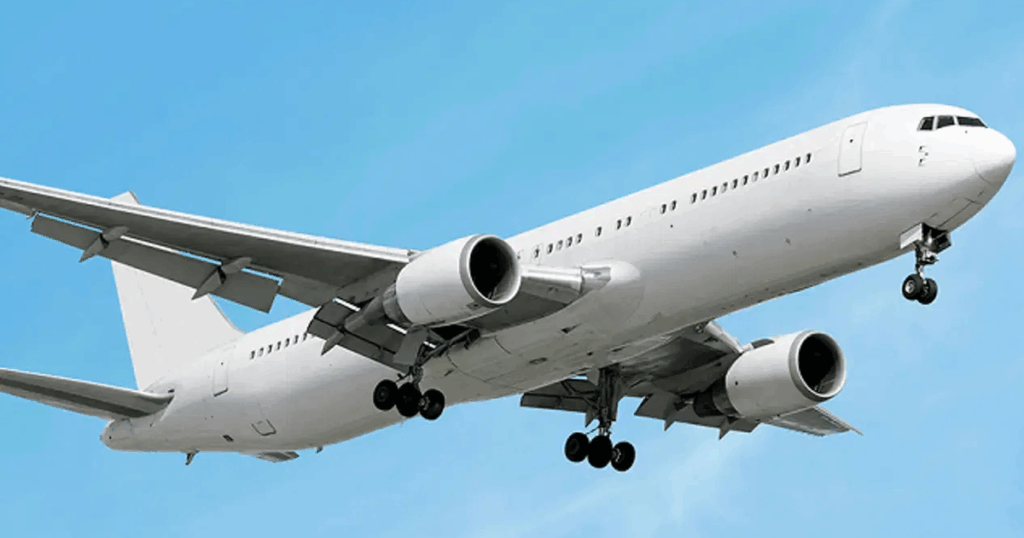The Emirates immediately reminds us of the United Arab Emirates, and Qantas proudly flies as the “Australian spirit.” These national airlines are symbols of citizens' pride, identity and ambition.
But while many countries have them, some African countries still don't have functional national airlines.
National airlines often play a key role in connecting people, promoting tourism, creating jobs and boosting trade. Especially in countries that are inland or rely on tourism, having a flagship can mean a difference between economic isolation and opportunity.
However, years of lack of funding, political interference, corruption and poor infrastructure have taken root in the dreams of many national airlines before they fly.
Some national airlines are collapsed by the weight of their debt. Others either lost in the tangle of bureaucracy or ended as a warning tale of mismanagement.
For example, consider Nigeria. It is Africa's most populous country, huge markets and great potential. Still, there are no national airlines at the moment. From 1958 to 2003, Nigerian Airlines proudly raised its flag. It had everything from the Boeing 737 and 747 to the Airbus A310. However, after decades of economic trouble, the airline was permanently grounded.
Since then, Nigeria has tried to launch a new domestic airline again and again. There were at least 11 attempts in some counts. Nigeria's latest aviation was even before it unveiled branding and aircraft. But like those before that, the project stagnated and caught up in a web of political conflict and public skepticism.
Below are African countries as of June 2025 that do not have functional national airlines.
Benin Nigeria Central African Republic Comoros Niger Ghana Guinea South Sudan Le Sotriberia
In contrast, several African countries have revived or expanded their flagships. Ethiopia's state-owned Ethiopian airlines remain a model of success. Countries such as Rwanda (Rwandaa), Tanzania (Air Tanzania) and Egypt (Egypt Air) continue to invest in national fleets.


